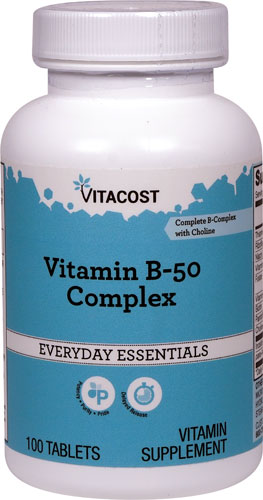Women, by design, are a physiologically a little higher maintenance then men. We need certain critical micro-nutrients that our bodies don't make, but require to function properly. Ideally, we would get those nutrients through a diverse whole food diet, but the reality is self-care is often the first to go in the churn of work/family/life balance.
So we do the best we can—and taking the right women's supplements provides excellent backup. Here’s a closer look at the four most important supplements and vitamins that we need to optimize our health:
1. Multivitamins
If you can barely squeeze in your daily dose of fruits and veggies and tend to eat out a lot, a multivitamin will help you cover your nutritional bases and fill in any gaps. The converse is also true: if you load up on more than five servings of fruits and veggies a day, and incorporate nuts, seeds and a range of protein sources every day, you may be able to skip the multi. Keep in mind, however, your overall health and any medical conditions you might have to negotiate.
Who needs it most: If you take oral contraceptives, for example, you may have lower levels of B and C vitamins. If you suffer from gastrointestinal issues like celiac disease, Crohn’s or colitis, which damage the intestines and obstruct the way nutrients get absorbed, a multivitamin can be especially helpful. Think of taking a multivitamin as nutritional insurance, but not as a substitute for a healthy diet.
2. Vitamin D
In the last two decades vitamin D has become a bone health stalwart for women. It works similar to a hormone, helping to move calcium and phosphorus – essential for strong bones-- into your bloodstream. If you are depleted in vitamin D, your body will leach calcium and phosphorus from your bones. This makes them fragile, and more vulnerable to conditions like osteoporosis, which increases the risk of your bones breaking from a fall. Since calcium and vitamin D are closely linked, most experts recommend that women, especially those who have been through menopause, take a supplement that combines nutrients. Emerging research on vitamin D suggests in addition to maintaining healthy bones, it may play a key role in support heart health, blood sugar health and cellular health.†
Who needs it most: Women, beware: bone loss accelerates during your 50s, so you can’t afford to be deficient. Other factors to warrant supplementation are if you have IBS or eschew dairy. One of the most accurate ways to tell if you’re low on D is a blood test.
3. Probiotics
Probiotics are helpful bacteria that reinforce our microbiome’s ability to protect us from germs, break down food and produce vitamins, particularly B vitamins. They have a huge influence on gut function, immunity and nutrient absorption. Emerging research also suggests that certain probiotics can help support healthy weight, skin health and gum health.†
Like multivitamins, if you eat a diverse, fiber rich array of unprocessed foods, your body may not need a supplement. You can probably extract enough prebiotics from your stellar diet to grow a flourishing community of probiotics. However, the reality is most people don’t eat as consistently healthfully as they would like to all the time.
Who needs it most: If you don’t eat a lot of prebiotic foods, have taken a recent course in antibiotics that have compromised your gut balance, or have a condition like IBS that can mess with your ability to absorb nutrients, a probiotics supplement might be very helpful.
4. B vitamins
The B family of vitamins play a key role in metabolizing sugars and starches, regulating hormone production and maintaining healthy skin and hair. The production of neurotransmitters, which can help with sugar cravings fatigue, and other signs of hormone imbalance, also depend on a steady supply of B vitamins.
Who needs it most: if you are pregnant, B vitamins are practically non-negotiable, as they help to minimize the risk of birth defects. If you are over 50, the age when trouble absorbing B vitamins typically starts, or a vegetarian (many animal products have vitamin B-12), you stand a good chance of being deficient.
†These statements have not been approved by the Food and Drug Administration. These products are not intended to diagnose, treat, cure or prevent disease.




